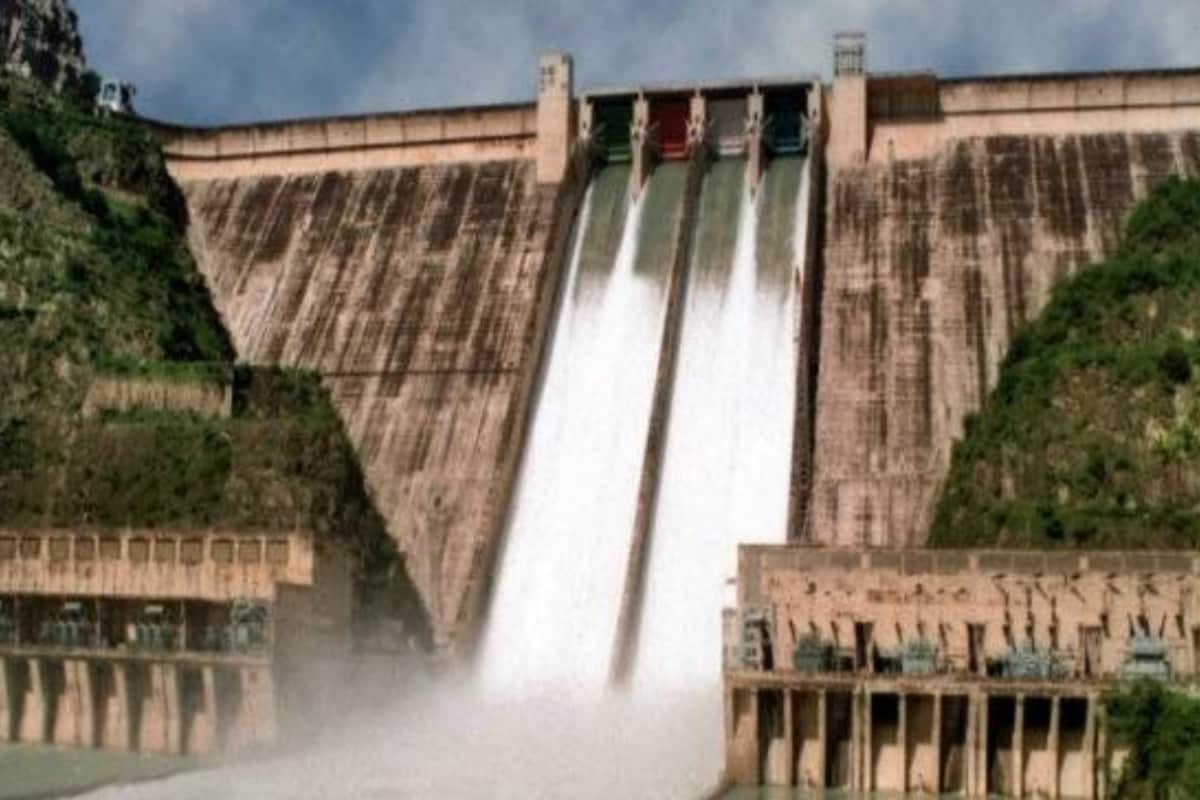

Amidst the escalating water dispute between Punjab and Haryana concerning the allocation of water from the Nangal Dam, the Union Ministry of Home Affairs (MHA) has sanctioned the deployment of the Central Industrial Security Force (CISF) at the Bhakra Nangal Dam. This move signifies a major development in the ongoing conflict and has significant political and administrative implications, particularly for the state of Punjab.
A total of 296 CISF personnel will be stationed at the Bhakra Dam project in Nangal. The decision to deploy the CISF appears to have been triggered by Punjab Police increasing its presence near the dam. This escalation occurred after the Bhakra Beas Management Board (BBMB) decided to release additional water to Haryana, leading to protests and a tense standoff. Demonstrators even surrounded BBMB Chairman Manoj Tripathi while he was overseeing the water release.
The deployment aims to ensure the security of the dam and its operations, which have become a focal point in the water dispute. The MHA has directed the BBMB to bear the financial burden of the CISF deployment, which amounts to approximately Rs 8,58,69,800, or about Rs 2,90,100 per CISF personnel. This includes costs related to accommodation, transportation, and the general welfare of the deployed forces.
The water-sharing dispute between Punjab and Haryana has a long history, and the current situation has further strained relations between the two states. The Punjab government has opposed the release of additional water to Haryana, arguing that the state does not have surplus water. This stance has found support across party lines in Punjab, with leaders emphasizing the importance of safeguarding the state's water resources.
Conversely, Haryana has been facing a severe water crisis, with several districts experiencing acute shortages. Reduced water supply from the Bhakra Dam has exacerbated the situation, leading to dried-up waterworks and struggling communities. The state has accused Punjab of obstructing the rightful release of water, further fueling the conflict.
The Punjab and Haryana High Court is also involved in the matter, and has previously directed the Punjab government to ensure the release of water and instructed both the Punjab Government and Punjab Police to refrain from interfering in the operations of the BBMB. The court had also stated that the BBMB could request central paramilitary forces to take over the dam's protection if deemed necessary.
The deployment of the CISF reflects the Centre's concern over the security and stability of the Bhakra Nangal Dam, a crucial piece of infrastructure for both states. It also underscores the complexities and sensitivities surrounding water-sharing disputes in India, where resources are often scarce and contested. The situation remains dynamic, and the coming days and weeks will be crucial in determining the long-term implications of this latest development.